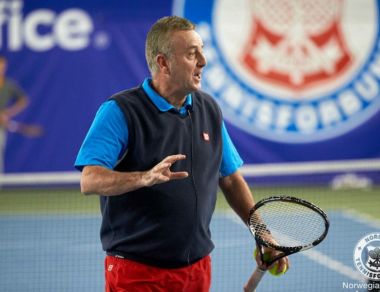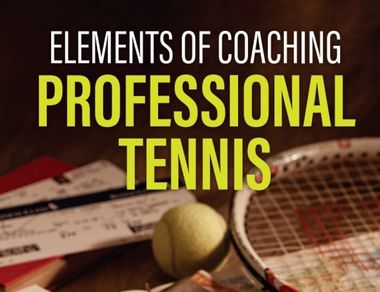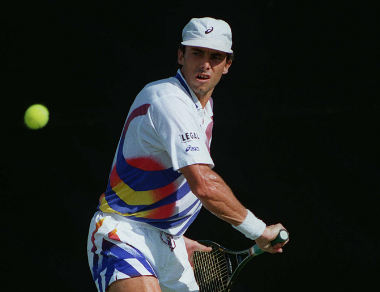Based on the podcast interview with Alberto Castellani
A big paradox within tennis is that everyone agrees that the mental part is important, but not many practice it on the court on a regular basis. I talked to Alberto about the importance of the mental aspect of tennis, what the most important mental skill is for him, how to define it and at last how to practice it on court.
Just as it is the case with technical, tactical and physical training, you need to do a personalized plan for each and every player when you are working on the mental part of tennis. There will of course be common denominators just like in any of the other areas, but way too often, players try practicing a mental skill – for instance concentration – and then after 2-3 times of practicing it, they give up and say “this doesn’t work for me”.
You would never see a player say: “Forehand… no that’s not really something that works for me. Please give me another skill to practice. I have tried to hit a forehand 4 times and it just doesn’t work for me.” However, this is what happens in a lot of cases when either coaches or sport psychologists try to work on the mental skills with a tennis player.
In other words, players tend to give up very quickly on practicing mental skills. Maybe because improving mental skills is tough to measure, maybe because players forget the fact that the same exercises don’t always create the desired results when different players go through them.



